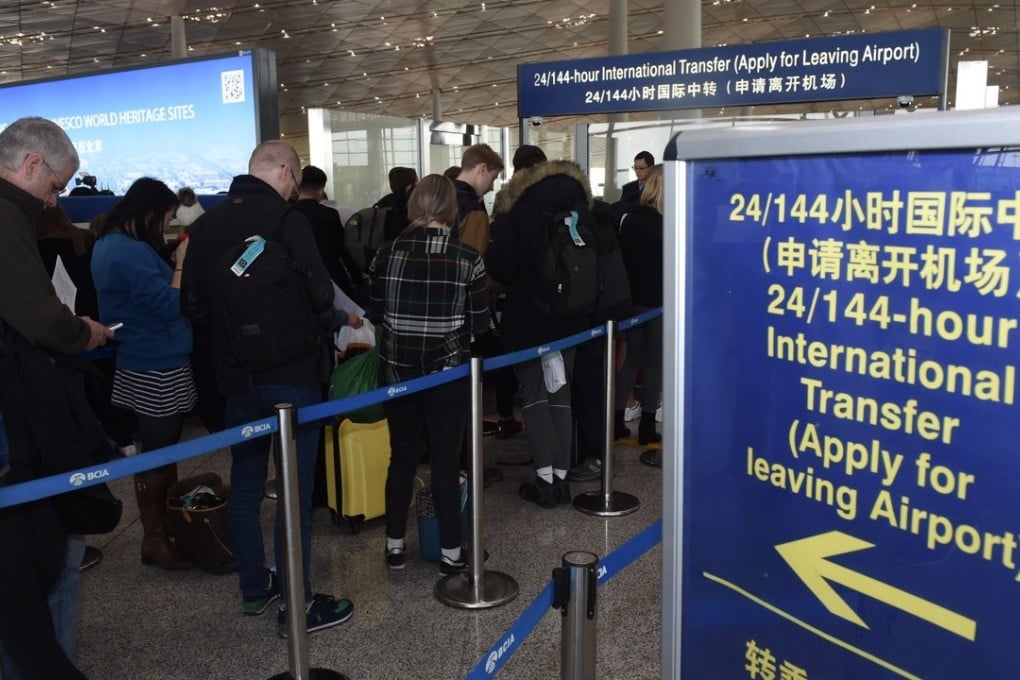China names Microsoft executive as first ‘high-end’ foreigner
Human resources director can now apply for 10-year multiple entry visa, state media reports

The first recipient of a “Certificate for Foreign High-end Talent” in Beijing has been identified as an executive from US technology giant Microsoft.
Saju George, the company’s human resources director for Greater Asia, Middle East and Africa, was presented with his certificate – which qualifies him to apply for a 10-year multiple-entry visa – on Tuesday, China’s Communist Party mouthpiece People’s Daily said on its website.
China introduced the certificate scheme in a bid to attract more foreigners to visit for business purposes.
The next two recipients after George were American professors Chong Gu from Purdue University in Indiana and Lucio Soibelman from the University of Southern California, the report said.
Several other executive from multinational companies – including Joe Kaeser, president and chief executive of Siemens – had applied for one of the new certificates, it said.
The document is a prerequisite for anyone applying for a new five- or 10-year multiple-entry visa, which entitles the holder to stay in the country for up to 180 days at a time.
